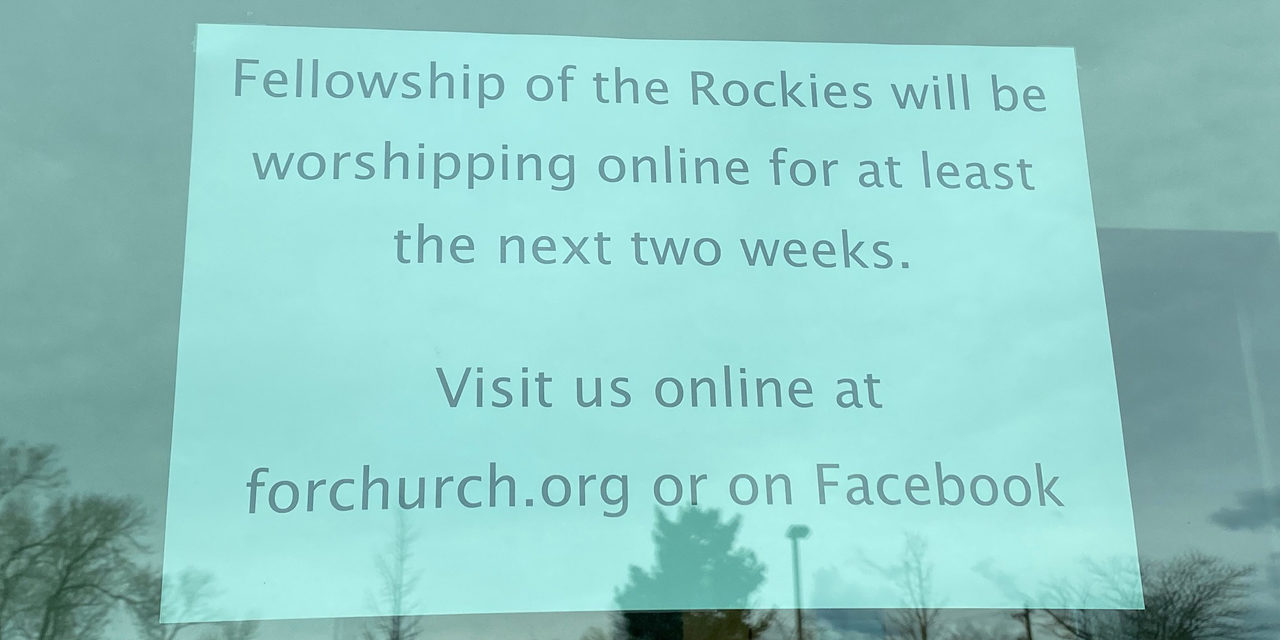A week ago it was newsworthy to report that Kentucky’s governor requested or suggested that churches consider cancelling Sunday worship services.
Then governors started ordering all gatherings of a certain amount— 50 or 250 or 500 were the typical numbers—be banned until further notice.
And today The Daily Citizen has learned that a local pastor in Gainesville, Florida was told by a city police officer that if he held a meeting on Sunday with 50 or more people, he would be subject to arrest and prosecution under an order by the city manager!
We’ve come so fast, so far in one week, that people are wondering. Is that legal? People of faith are especially concerned given the level of hostility from government that already exists.
Can the government—local, state or federal—order churches to close because of the coronavirus pandemic? What about the First Amendment’s guarantee of “the free exercise” of religion?
The short answer appears to be: yes, state and local governments can do that, but the federal government is more limited in its authority. Notice that all of the coronavirus news directed to the public from Washington D.C. comes in the form of guidelines and recommendations, not mandatory orders?
Let’s explore why this is so.
David French explains that in our constitutional system of state and federal governments, the state has more power to order closures than the federal government does. That’s because Congress has a limited list of enumerated powers it can legislate on, while the states get to legislate on everything that’s left under what is called its “general police power.” (Note: “general police power” is a constitutional term, not a reference to your local police department).
Quarantine powers are mostly left to the states under the 10th Amendment where the activities it seeks to restrict lie within the state. The federal government also has quarantine powers where foreign travel is concerned, or in rarely used cases such as mass quarantine situations like what occurred during the Spanish Influenza pandemic in 1918-19.
The First Liberty Institute has published some guidelines for churches so that they understand their rights during such government-ordered closures. The biggest thing to remember is that in order to be constitutional, such requirements must be generally applicable to all, or mostly all, organizations and entities, not just churches. And they must be temporary, i.e., not last beyond the emergency’s duration.
But there are reasons why the church needs the government during the coronavirus’ emergency, and vice versa. Jeremy Dys is an attorney with First Liberty. In an email to The Daily Citizen, he highlights the mutual benefits that the church and state provide in times like these. “The reality is the state is going to need the comfort and selfless care churches are known for during this pandemic,” Dys states. “And the church needs the state’s public health apparatus to stem its effects.”
If your church has questions about government-ordered closures, you can contact First Liberty at 972-941-4444.
Photo from Flickr






